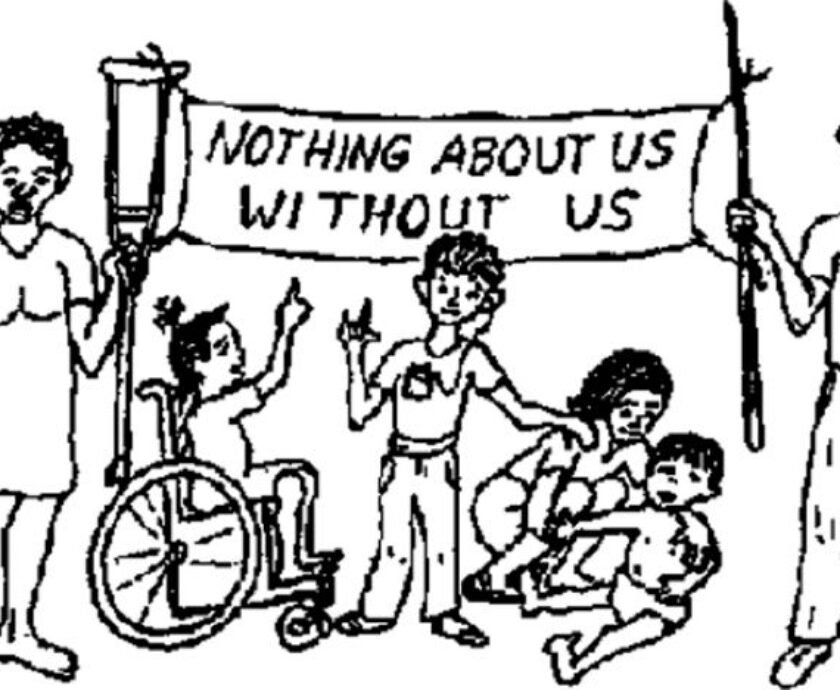In Pakistan and several other countries across South Asia, there are significant challenges with the allocation of aid. This aid primarily refers to funding directed towards Non-Profit Organizations (NPOs) and Non-Governmental Organizations (NGOs) engaged in various initiatives at the regional, provincial, or national levels. Despite the pressing need for increased social development aid, there persists a notable discrepancy in getting aid to the appropriate recipients in a timely manner. This challenge, however, does not primarily stem from corruption, lack of consideration, or a deficit of willpower. Instead, the primary culprit is disorganization.
Why Disorganization in Aid in Gilgit Baltistan?
In the context described, aid refers to the support received by Non-Profit Organizations (NPOs) and Non-Governmental Organizations (NGOs) from various sources such as governments, other NGOs, and agencies. While foreign monetary aid is a notable example, it’s not the sole form of aid. Instead, we’re focusing on how these organizations acquire support from different entities within their own country or from international sources.
In the West, aid is usually funded through open sources like DFID or UNAID or other forms. The aid is not given purely as a donation instead it has many steps where it asks one for their organisational information and so on. It even has many funding rounds (stages) of accquiring monteary funds. This allows one to approach each agency, and explain clearly what is needed and what is meant.
This is not the case in Pakistan.
- Limited Resources Distribution: When government funding is allocated without transparency or accountability, it can result in a few select NGOs receiving the majority of the resources, leaving others with limited support. This can hinder the overall development and impact of the NGO sector.
- Inequality and Unfair Practices: Without transparency, there’s a risk of inequality and unfair practices in the selection process for funding. NGOs that have connections or political affiliations may receive preferential treatment over others, regardless of their effectiveness or impact.
- Dependency on Government Funding: NGOs and NPOs becoming overly reliant on government funding can be problematic, especially when the funding allocation process lacks transparency. Dependence on a single funding source can undermine the independence and autonomy of these organizations, limiting their ability to pursue their mission effectively.
- Potential Solutions:
- Advocacy for Transparency: NGOs and NPOs, along with civil society organizations, can advocate for greater transparency and accountability in the allocation of government funding. This can involve lobbying for policy reforms that mandate transparent processes for funding distribution.
- Diversification of Funding Sources: Encouraging NGOs to diversify their funding sources can reduce dependency on government funding. This may involve seeking support from international donors, private foundations, corporate sponsors, and individual donors.
- Capacity Building: Providing capacity-building support to NGOs and NPOs can help them become more sustainable and resilient, reducing their reliance on government funding. This support can include training in fundraising, financial management, and organizational development.
- Networking and Collaboration: NGOs can also collaborate and network with each other to share resources, best practices, and advocacy efforts. Collective action can amplify their voices and increase their influence in advocating for fair and transparent funding practices.
Addressing these challenges requires collective action from NGOs, NPOs, government agencies, and civil society to promote transparency, accountability, and equitable distribution of resources in Pakistan’s development sector.
In Gilgit Baltistan, the NGO has tried to push the government away from this model, and we have reached somewhat success however much work is needed to bring Western model of foreign aid into good governance.




